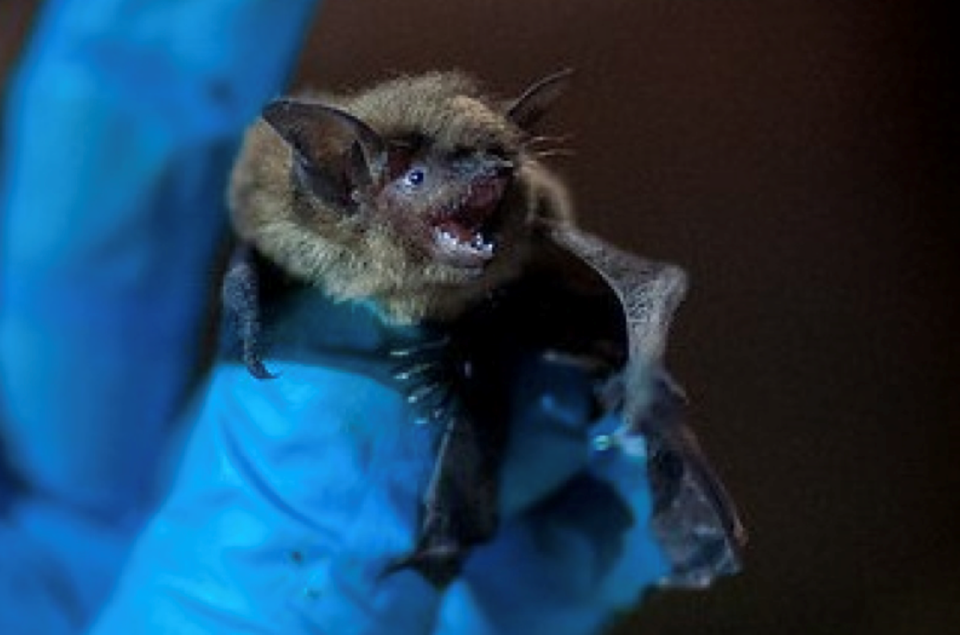Bat Week in B.C. is on the horizon and, while you’re unlikely see a caped crusader leaping off buildings, conservationists are hoping people will learn more about the flying mouse.
For starters, did you know that bats help pollinate the agave plant that’s used to make tequila – yes, you read that correctly.
International Bat Week (Oct. 24 to 31) is all about appreciating these animals and their benefits.
Often feared due to misconception and myths, bats are given a bad rap and Bat Week aims to shed more positive light on the insect-eating creature.
“Bats in B.C. help control agricultural and forest pests, as well as mosquitoes in our yards - but now bats need our help” said Danielle Dagenais, regional coordinator for the BC Community Bat Program, Metro Vancouver-Squamish area.
“The conservation of bats in B.C. has always been important, since over half the species in this province are considered at risk.
“With the continuing spread of white-nose syndrome in Washington State, bat conservation is more important than ever as we expect to see impacts in B.C. in the near future.”
Bats, according to the BC Community Bat Program, play key roles in our environment and provide many benefits to humanity.
Their behaviour and adaptations help with:
- Development of technology: radar, sonar, ultrasound
- Medical advancements: blood clot medication, low temperature surgery
- Pest control: one bat can eat over 1000 insects in a night
- Pollination: bats pollinate over 500 plants worldwide
- Nutrient cycling: bat guano makes a great fertilizer
- Food securities: bats spread seeds of over 300 fruits worldwide
Find out what you can do locally for bats, at www.batweek.org, or through the BC Community Bat Program at www.bcbats.ca.
There are many ways you can participate and support bats: host an educational event, help restore a wetland, garden for bats, learn about bat-friendly lighting, or prepare your bat box for next spring.
Bat Week is also the time to say ‘so long’ to bats in our neighbourhoods, until the return of insects with the warmer weather in spring.
As insect-eaters, B.C. bats must leave their summer roost sites and migrate or hibernate to survive the winter.
This absence means that this is the time of year to do home renovations that you have delayed due to bat presence. You can clean out and repair a bat box, or do bat-friendly exclusion work, without disturbing or injuring bats.
If you do see a bat in winter, you are asked to report it. Community Bat Programs are requesting reports of dead bats or sightings of winter bat activity starting just after Bat Week, on Nov. 1 at www.bcbats.ca, [email protected], or 1-855-922-2287 ext. 11.
Read more from the Richmond News



